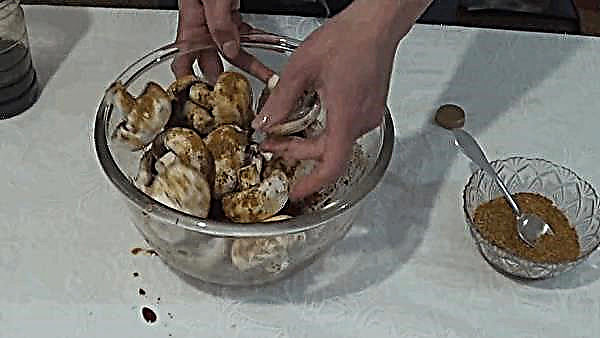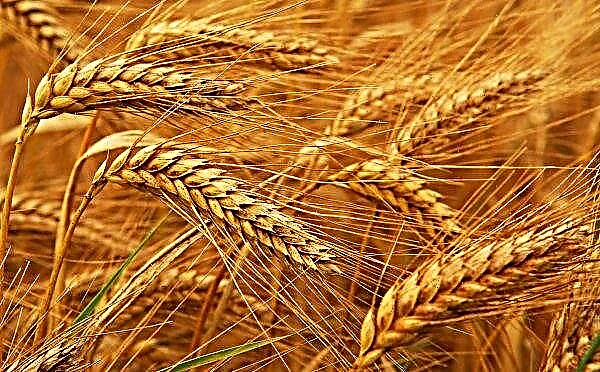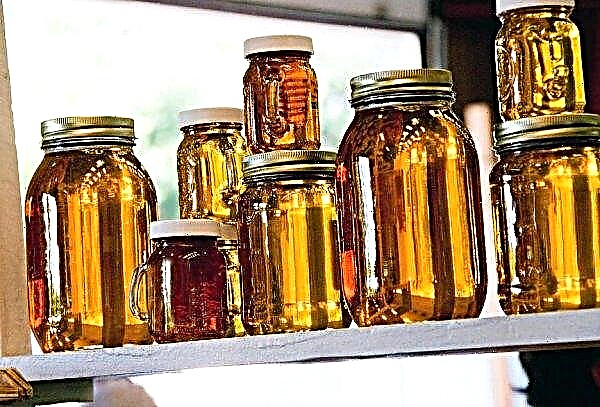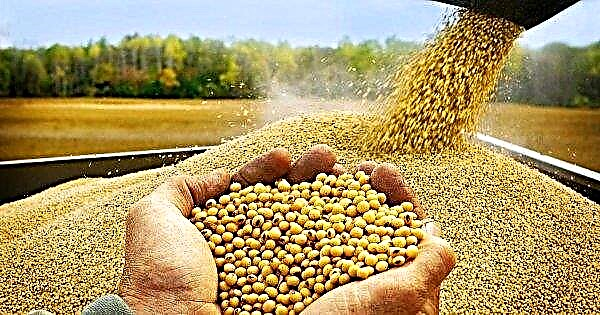The United States and Australia have expressed doubts about the new Indian farmer sector support scheme “Transport and Marketing Assistance” (TMA), announced by the World Trade Organization (WTO) in India this March, saying that it is distorting trade and may not be compatible with global standards.
This is the last scheme that has been criticized, along with the scheme of the Pradhan Mantry and Kisan Samman Nidhi (PM-KISAN), and has been criticized by New Zealand, despite its support from Australia and the European Union.
New Zealand asked how income support schemes could help replace the existing subsidies that India already provides for agricultural resources, and asked India to present its plan to switch to providing direct income support to small farmers.
In accordance with this scheme, the Center promises to give Indian farmers 6,000 rupees (87.09 US dollars) per year in three equal parts.
“There has been heated debate on more than 200 issues. India was asked the most questions, ”said the Geneva-based trade representative on the issues raised by WTO members on agricultural policy.

There were questions, and against the backdrop of India's desire to double agricultural exports to 60 billion US dollars by 2022 due to an increase in the supply of agricultural products such as tea, coffee and rice, as well as an increase in the country's share in world agricultural trade.
Australia, claiming that the TMA scheme is an export subsidy, asked India to provide information on the average level of export subsidies provided for products covered by the program over the past five years and how this scheme is consistent with the 2015 WTO Ministerial Commitment at 2015 requires a reduction in such subsidies.

Under the TMA scheme, the Indian government will reimburse a certain portion of freight costs and provide assistance in marketing agricultural products to stimulate the export of certain goods.












